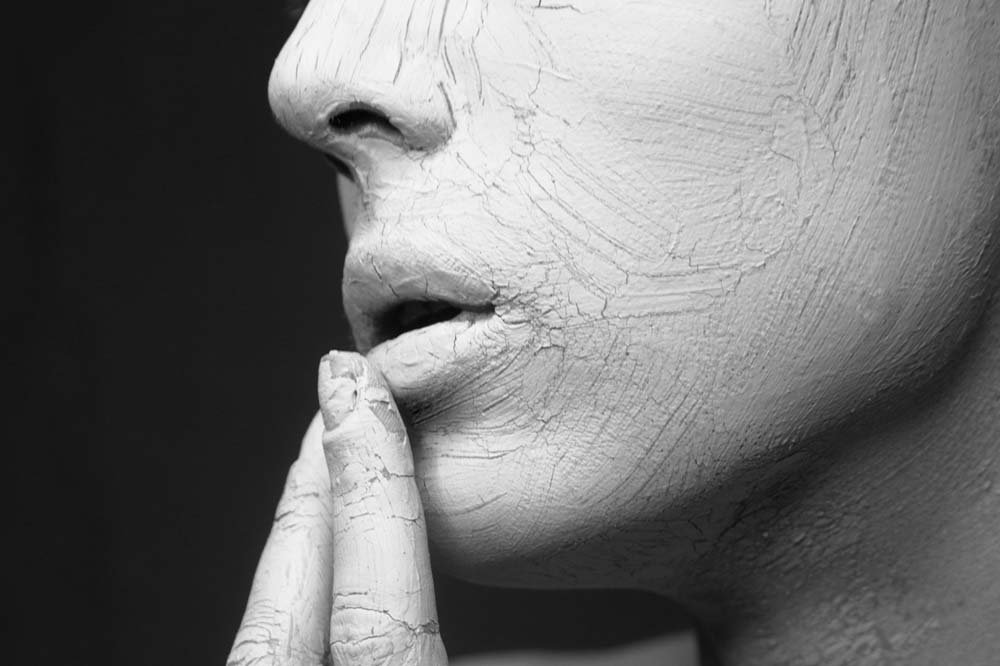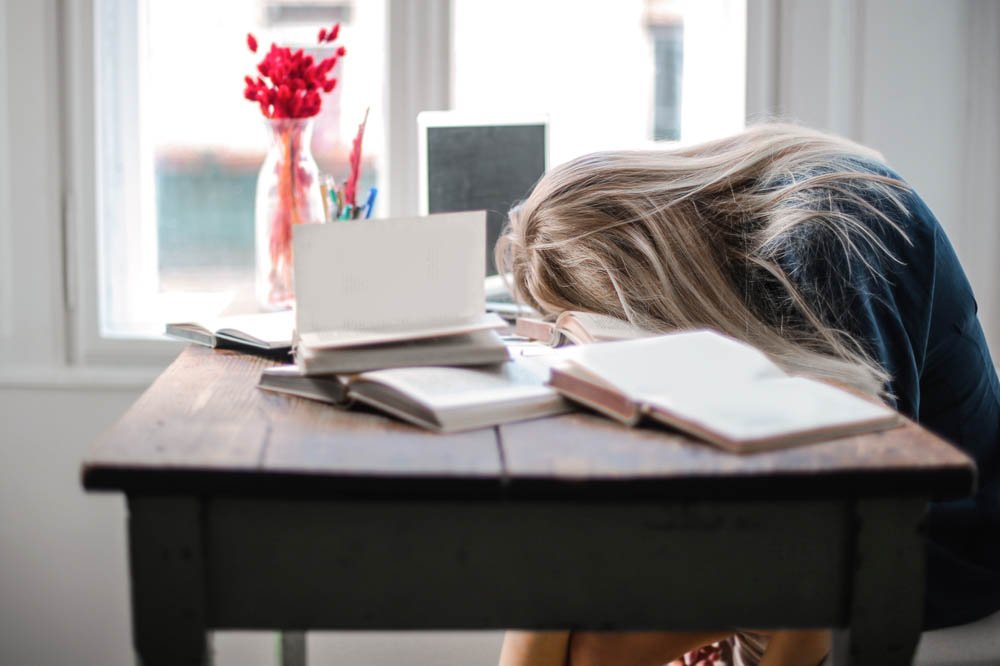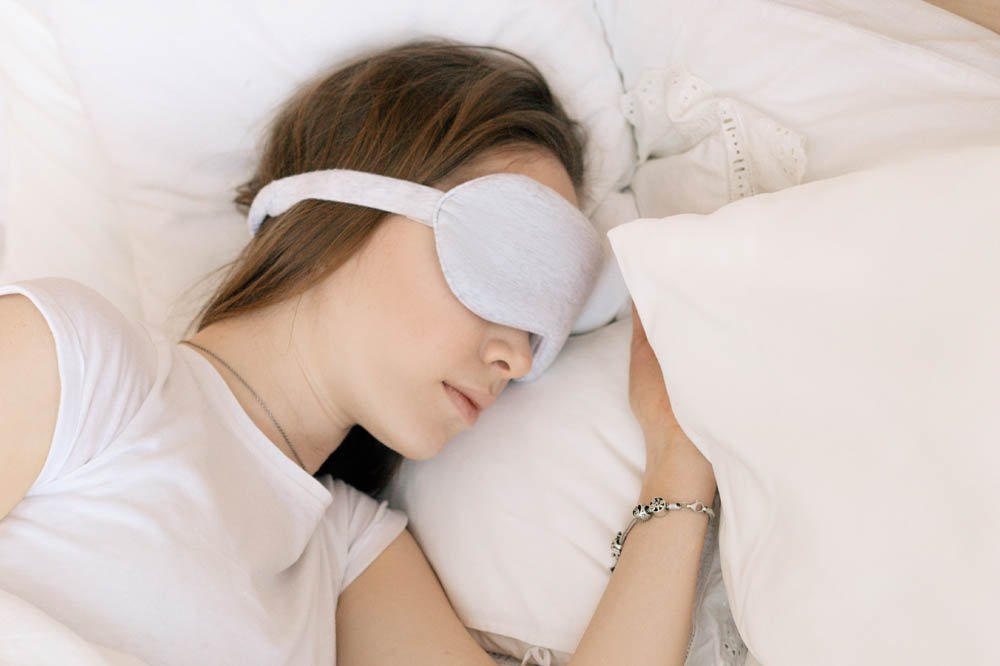Lack of Sleep and Premature Skin Aging

Lack of Sleep and Premature Skin Aging
If you meet a friend after a long time and he/she asks: What happened to your skin? Why has your skin lost youthfulness? Why there are dark circles under your eyes? What life you are living?
You are stunned for a while and try to manage the situation. Such remarks on your skin can lead you toward depression. Because your skin doesn’t have that same youthfulness it once had. Definitely, you will try to find the main cause and will try to revive your skin.
There are multiple factors that can play role in skin aging. In this article, we will highlight how lack of sleep can cause severe effects on your skin. If you are not taking a good sleep, it will speed up skin aging.
Lack of Sleep and Premature Skin Aging

Lack of sleep can have a significant impact on the appearance and health of your skin. When you don’t get enough sleep, your skin can become dull and pale, and dark circles can form under your eyes. In addition, sleep deprivation can lead to an increase in inflammation, which can cause redness, swelling, and other symptoms.
One of the main effects of lack of sleep on the skin is an increase in the production of the stress hormone cortisol. Cortisol is known to break down collagen, the protein that helps to keep skin looking firm and elastic. As collagen is destroyed, the skin can begin to sag and wrinkles can form. In addition, cortisol can also cause an increase in oil production, which can lead to acne and other skin problems.
Another way that lack of sleep can affect the skin is by impacting the body’s ability to repair itself. During sleep, the body goes into repair mode and produces new cells to replace those that have been damaged during the day. When you don’t get enough sleep, this repair process is hindered, which can lead to a build-up of damage to the skin. This can result in a dull and tired appearance and can make the skin more susceptible to wrinkles and other signs of aging.
Moreover, lack of sleep can affect the skin’s hydration. According to several studies, sleep deprivation causes skin dehydration, which makes the skin look dull and dry, and wrinkles appear more prominent.
Lack of sleep can also worsen existing skin conditions such as eczema and psoriasis. These conditions are characterized by inflammation and an overactive immune response, and a lack of sleep can make these symptoms worse.
How Much Sleep Do You Need Every 24-Hour Period?
The duration of sleep depends on the age. As children, up to five years have sleep 10 to 15 hours. Older children usually sleep 9 to 12 hours. Young teenagers need 8 to 11 hours. When a man crosses 18 years, he should sleep 8 hours or more.
Quality of Sleep Matters

One thing to keep in mind is the quality of sleep. Only duration is not sufficient. If you have low-quality sleep, you will feel tired the next day, regardless of how many hours you have slept.
There are many reasons for sleep deprivation and low-quality sleep that include: fatigue, waking often during the night, breathing difficulties, noisy environment, too cold or too hot weather, an uncomfortable bed, and medical problems, such as depression, sleep apnea, or chronic pain. Caring for another person during the night also can cause sleep deprivation.
Simple Strategies To Increase Sleep

Below are a few strategies to increase the span of sleep. If you are sleeping less than 6 hours, you must practice these simple tips to increase sleep.
- Manage your work in the daytime and spare 12 hours to stay at home.
- Follow a proper sleep schedule even on weekends. (7 to 8 hours)
- Stop eating 2-3 hours before sleep.
- Practice reading habits before sleep. It will make you prepare to sleep.
- Get regular exercise during the day.
- Maintain room temperature.
- Keep the lighting dim or dark.
- Turn off electronic devices such as cell phones and keep them away from the sleeping area.
- Limit the consumption of caffeine and alcohol, especially close to bedtime.
- Avoid smoking because it will disturb your sleep hours.
If the above measures do not help you to take good sleep, consult a healthcare center, especially if getting too little sleep.
Bottom Line
In summary, lack of sleep can have a significant impact on the appearance and health of the skin. It can lead to wrinkles, fine lines, dullness, dark circles and bags, acne, eczema, can worsen skin conditions, and more. To maintain healthy and youthful-looking skin, it is important to get enough sleep and maintain a regular sleep schedule.
Getting at least 7-8 hours of good quality sleep every night can help to keep your skin looking its best and reduce the signs of aging. To achieve this, it is essential to create a relaxing and comfortable sleep environment, avoid stimulating activities before bedtime, and establish a regular sleep schedule. In addition, eating healthily and maintaining a balanced diet, consuming enough water, and also take care of your skin with a skincare routine will also keep your skin looking its best and help to reduce the effects of sleep deprivation.
You Might be Interested In…


You May Also Like

What you should know about chewing gum?
12/01/2023
Bad Breath Causes, Symptoms, and Treatments
16/12/2022